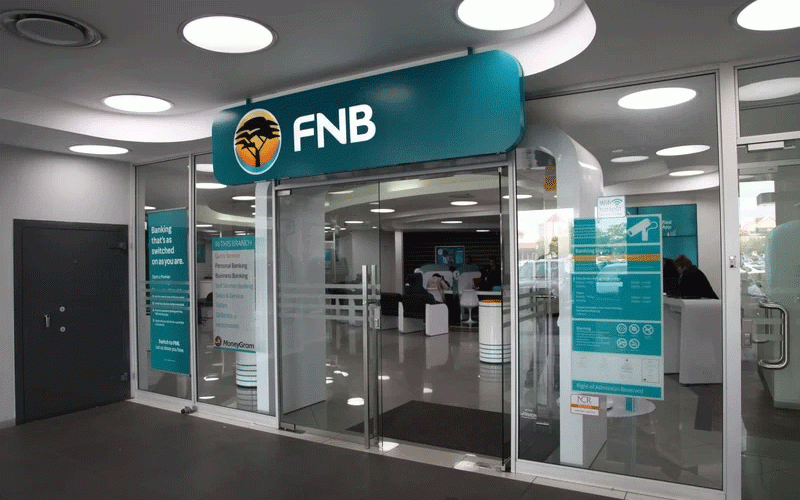
South African bank First National Bank (FNB) has created a correspondent banking platform for local banks after a number of third-party financial institutions deserted Zimbabwe.
In October 2022, the central bank revealed that an estimated 102 correspondent banking relationships had been lost over the last decade due to Zimbabwe’s high-risk profile.
The high-risk profile is associated with money-laundering and terrorist financing of which according to the Basel AML Index, an independent global country ranking and risk assessment tool, Zimbabwe scored 6,70 last year signalling more risk.
Bankers' Association of Zimbabwe (BAZ) president Lawrence Nyazema told Standardbusiness at the official signing of CBZ Holdings purchasing First Mutual Holdings Limited last week that local entities had few correspondent banking relationships.
“There is an arrangement between Citibank in the States (United States of America), FNB in South Africa, OFAC (Office of Foreign Assets Control), World Bank and IMF (International Monetary Fund) to say in as much as we talk about a global village how global is it when emerging markets are failing to clear for their international transactions? So, an African gateway has been created at FNB and we are one of the pioneers of that system,” Nyazema said.
“It has been working efficiently and again it’s for the major currencies.
“So again, the intention is to say let us not close out any banks from that African gateway.
“So, banks across Africa when it is working effectively and efficiently can clear with FNB, can clear through Afreximbank (African Export–Import Bank).”
- Banks exploring lending in forex
- Zimbabwe dollar loans rise
- Zim must address high sovereign risk
- Correspondent banking platform built for local banks
Keep Reading
The Afreximbank arrangement refers to the commercial launch of Afreximbank Trade Payment Services otherwise known as AfPAY in September 2022.
AfPAY was designed to facilitate the settlement of international trade on open account terms on behalf of identified African financial institutions and their clients.
“When you go to the States, there are two banks that are clearing for Zimbabwe, Citibank and Stanchart (Standard Chartered USA), so we are all basically going through third parties,” he said.
“But, what I like about the FNB arrangement is that it’s an open one where you are not hiding from any of the players.
“You are saying to OFAC, IMF, and the World Bank, here we are, we are going to be clearing through this platform and I believe that more and more banks are going to be using those two platforms (Afreximbank and FNB) for international clearances.”
Nyazema said the Afreximbank platform clears United States dollars, euros and British pounds.
“That platform is open, and we have been using this ourselves for the past two years working efficiently and that is the Afreximbank one,” he said.
In its 2022 Investment Climate report, the United States State Department warned that most Zimbabwean correspondent banking relationships were in jeopardy or had already been severed due to international banks’ efforts to reduce risk.
Commercial Bank of Zimbabwe (CBZ) group chief executive officer Blessing Mudavanhu said the issue of correspondent banking was a global problem where the big international banks were de-risking because of compliance issues.
“So, if you look at businesses in Africa, in general, for the likes of JP Morgan (American bank), just to put numbers in perspective, JP Morgan’s total assets is about US$4 trillion, total assets!" Maduvanhu said.
"If you take the whole African continent, I don’t think the GDP (gross domestic product) is close to US$4 trillion.
“So, a compliance fine, a compliance issue is a huge disincentive for international banks to be able to partner and do correspondent banking because they are just scared of the fines.”
He said the platforms created to allow for the processing of international payments made it easier for the firm to establish working with international banks.
“For CBZ, it is just as good as for any other banks in Zimbabwe,” Mudavanhu said.
CBZ is the largest financial institution in Zimbabwe with a balance sheet of nearly US$1,4 billion recorded as of the end of 2022.











